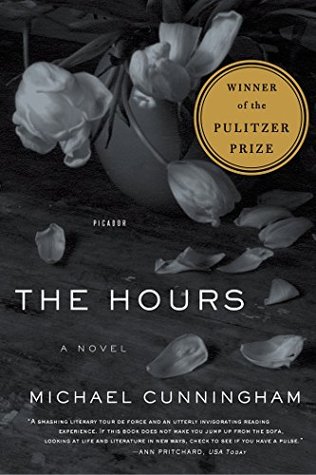More on this book
Community
Kindle Notes & Highlights
What a thrill, what a shock, to be alive on a morning in June, prosperous, almost scandalously privileged, with a simple errand to run.
She loves Richard, she thinks of him constantly, but she perhaps loves the day slightly more.
It’s the city’s crush and heave that move you; its intricacy; its endless life.
Still, she loves the world for being rude and indestructible, and she knows other people must love it too, poor as well as rich, though no one speaks specifically of the reasons. Why else do we struggle to go on living, no matter how compromised, no matter how harmed?
Don’t we love children, in part, because they live outside the realm of cynicism and irony? Is it so terrible for a man to want more youth, more pleasure?
These days, Clarissa believes, you measure people first by their kindness and their capacity for devotion. You get tired, sometimes, of wit and intellect; everybody’s little display of genius.
Here is the world, and you live in it, and are grateful. You try to be grateful.
It could be a good day; it needs to be treated carefully.
She is still regal, still exquisitely formed, still possessed of her formidable lunar radiance, but she is suddenly no longer beautiful.
In another world, she might have spent her whole life reading. But this is the new world, the rescued world—there’s not much room for idleness.
you don’t need to be proud. You don’t need to be brave. It’s not a performance.
I wanted to write about everything, the life we’re having and the lives we might have had. I wanted to write about all the ways we might die.”
It seems possible (it does not seem impossible) that she’s slipped across an invisible line, the line that has always separated her from what she would prefer to feel, who she would prefer to be.
Venture too far for love, she tells herself, and you renounce citizenship in the country you’ve made for yourself. You end up just sailing from port to port.
She is loved, she thinks, in more or less the way the gifts will be appreciated: because they’ve been given with good intentions, because they exist, because they are part of a world in which one wants what one gets.
She thinks of how much more space a being occupies in life than it does in death; how much illusion of size is contained in gestures and movements, in breathing. Dead, we are revealed in our true dimensions, and they are surprisingly modest.
Beauty and dignity were illusions fostered by the company of children, sustained for the benefit of children.
If they both survive long enough, if they stay together (and how, after all this, could they part?), they will watch each other fade.
“But there are still the hours, aren’t there? One and then another, and you get through that one and then, my god, there’s another.
Here it is, she thinks; there it goes. The page is about to turn.
There’s just this for consolation: an hour here or there when our lives seem, against all odds and expectations, to burst open and give us everything we’ve ever imagined, though everyone but children (and perhaps even they) knows these hours will inevitably be followed by others, far darker and more difficult. Still, we cherish the city, the morning; we hope, more than anything, for more. Heaven only knows why we love it so.


